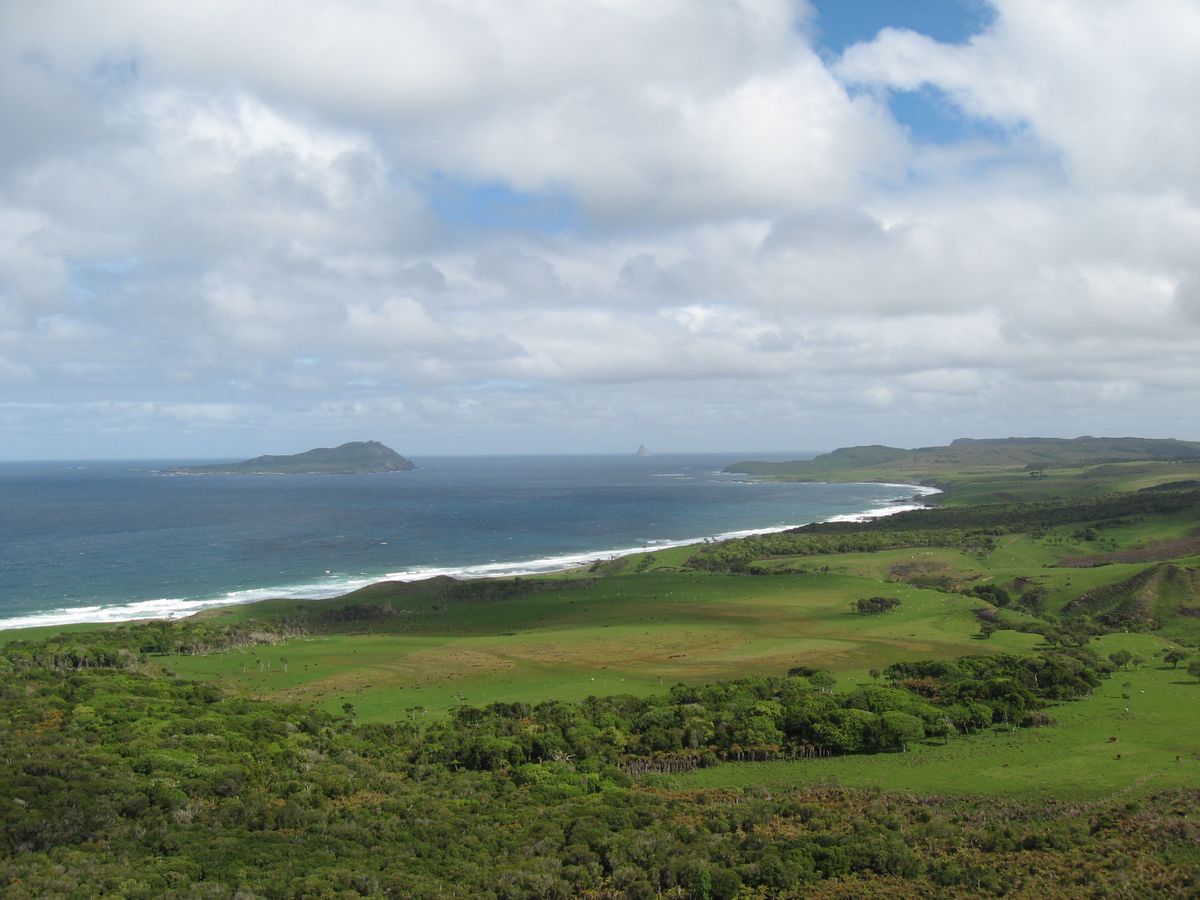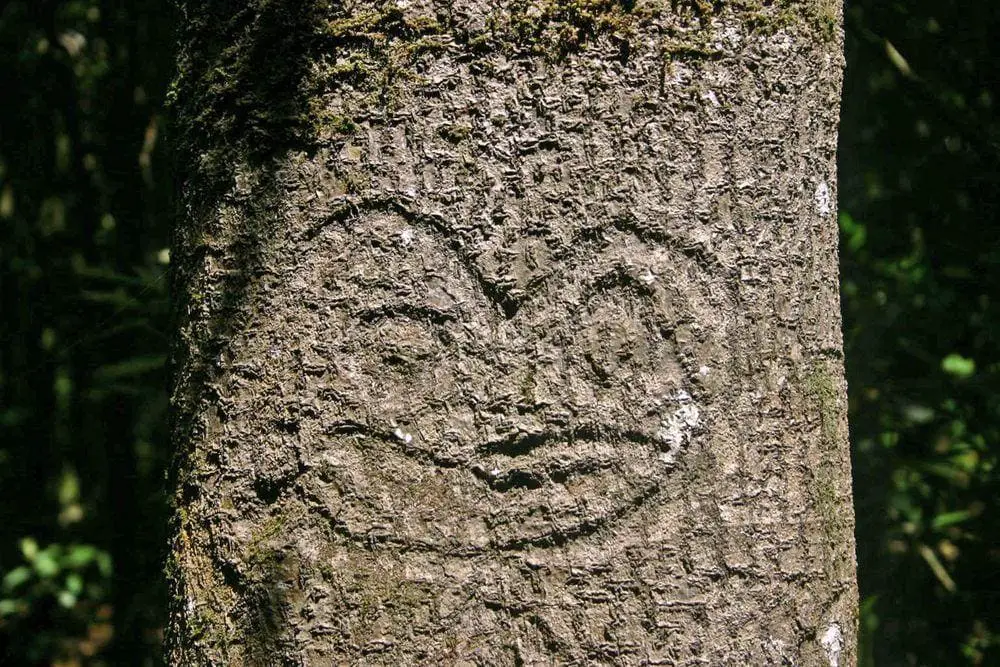Wondermondo 🢖 World 🢖 Wonders of Australia and Oceania 🢖 Wonders of Polynesia 🢖 Wonders of New Zealand 🢖 Wonders of Chatham Islands
Territory
Wonders of Chatham Islands

 Highlights
Highlights
Chatham islands are part of New Zealand.
Like many remote islands of the Pacific ocean, Chatham islands are endowed with many unique species of plants and animals. But the greatest international acclaim have acquired unique monuments of culture – dendroglyphs which were created by Moriori people in the 16th – 19th centuries. Mysterious dendroglyphs, as well as some petroglyph sites, serve as a testimony of this interesting culture.
Significant part of islands has been changed by human activities, mainly grazing.
Nevertheless the southern tablelands of the large Rehoa island, as well as several more locations still contain primeval forest and shrublands. Several interesting endemic and rare species of birds live here. Unfortunately, rather many species are extinct since the arrival of people – including a local species of penguin and swan. Close to 200 species of insects are found only here: in summer nights the ground of natural forest is swarming with beetles, cockroaches, spiders, and wetas. Even a unique freshwater fish Neochanna rekohua has been found in two small lakes of the wild south tablelands of Rehoa island in 1994.
In Chatham islands are found some 50 endemic plant species as well. These include the beautiful Chatham Islands forget-me-not (Myosotidium hortensia).
Map with the described wonders
If you see this after your page is loaded completely, leafletJS files are missing.
 Top 11 wonders of Chatham Islands
Top 11 wonders of Chatham Islands
Geological wonders
Cliffs of southern Rehoa
Up to 250 m high, vertical cliffs along the southern coast of Rehoa island. Abrupt cliff with the exotic wilderness of impenetrable Chatham forest and peatlands above and roaring ocean below. Here are exposed Upper Cretaceous volcanic rocks, basaltic lava, agglomerates. Several streams fall form impressive waterfalls that are visible only from the sea.
Basalt Columns in Ohira Bay
Formation of basalt columns at the seaside, similar to Giants Causeway in Northern Ireland.
Cascade Gorge
Approximately 1,200 m long, up to 400 m wide and up to 200 m deep gorge opening towards the Pacific Ocean. Several impressive waterfalls.
Mangahou Falls
Beautiful waterfall, more than 10 m tall. In this area are located numerous waterfalls.
Biological wonders
Tuku Nature Reserve
Remnant of the unique, almost impenetrable Chatham islands forest on a peat-covered tableland, dissected with deep valleys. The only known place where still lives taiko – Magenta Petrel (Pterodroma magentae). Some 120 – 150 birds are left. Here lives almost the whole population of local pigeon – parea (Hemiphaga chathamensis) and many other endemic species.
Archaeological wonders
Te Ana o Nunuku (Moreroa petroglyphs)
Legendary cave, important monument to Moriori culture. Adorned with ancient rock carvings. Named after Nunuku – legendary Moriori Chief who outlawed killing among his people. There are other locations with petroglyphs as well, f.e. Motuhou Point Petroglyphs to the north.
Hapupu dendroglyphs
The richest find of the unique dendroglyphs left by the ancient Moriori people. In 1998 here were found 92 kopi trees (Corynocarpus laevigata) with ancient signs cut by Moriori people centuries ago. There are five groups of dendroglyphs on the islands, where 147 trees with carvings were found in 1998. In the 1950s there were known some 1,400 trees with dendroglyphs, in earlier times dendroglyphs were reported also on Pitt Island. It is possible that these markings are linked to the cult of the dead or to burial rituals.

New Barker Bros Ltd Block, dendroglyphs
On this site are 22 dendroglyphs made by the Moriori.
Te Waroa dendroglyphs
On this site 8 dendroglyphs have been found.
 Recommended books
Recommended books
Chatham Islands: Heritage and Conservation
Revised and expanded to include up-to-date information, this new edition describes the Chatham Islands with emphasis on their geology, flora, fauna, habitats, and extinct and endangered species on land, in freshwater, and in the sea. Beginning with an introduction to the human history of the islands, this guide enumerates the many reserves and covenants that have been established to protect and conserve the islands’ heritage. The nonscientific approach makes this an easily accessible, comprehensive overview of the islands supplemented by beautiful color photography. Visitors, residents, conservationists, and scientists will find this a practical guide to the natural habitat of the Chatham Islands.

